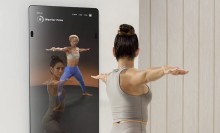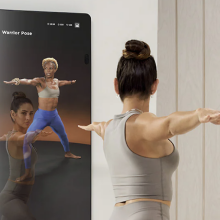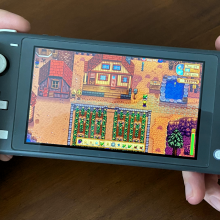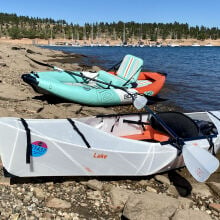UPDATE: Sep. 29, 2023, 5:00 a.m. EDT This story has been updated in the wake of Meta's Quest 3 announcement.
Virtual reality (VR) is a relatively new frontier of entertainment that has yet to attract mainstream appeal. But with more industry giants throwing their hats into the metaverse as of late — looking at you, Apple, Sony, and Meta — an intrigue exists for gamers and techies in pursuit of next-level immersion.
After a period of hands-on testing, we've decided to recommend the Meta Quest 2 ($299.99), the PlayStation VR2 ($549.99), and the Valve Index VR Kit ($999). All three VR headsets are consumer-friendly devices that felt comfortable during hours of use, supported a breadth of features and content upon unboxing, and performed well at their respective price points.
While sourcing contenders for this roundup, we chose to test VR headsets that are making waves in the small-but-growing market, whether they're known for their libraries, innovations, or both. All of them are true, dedicated VR headsets with built-in screens, as opposed to mobile headsets that require a smartphone. (Some, but not all, are tethered headsets that require a connection to a separate console or PC.) We also excluded enterprise-level units that are designed for business and commercial use.
We're in the process of testing the HP Reverb G2 and will update this roundup accordingly with the final results of our trial. We also plan on taking a closer look at the all-new Meta Quest 3, which formally launches on Tuesday, Oct. 10. (Preorders were live in the Meta Store and at most major retailers at the time of writing.) Mashable tech and games reporter Alex Perry was impressed by its full-color Passthrough feature, higher-resolution lenses, and upgraded processor when he tried it during a short press event this fall.
"My brief time with the Quest 3 certainly left me feeling confident that the final product will (at the very least) be better than Quest 2," Perry writes, though he expressed concerns about its battery life and price.
Speaking of which: We've also updated the price of the Quest 2, which dropped $100 to $299.99 in June 2023 when its successor was first announced. It remains our top budget pick — in fact, we think it's an even better value than before.
Here's a deeper dive into the best VR headsets we've tried.



























